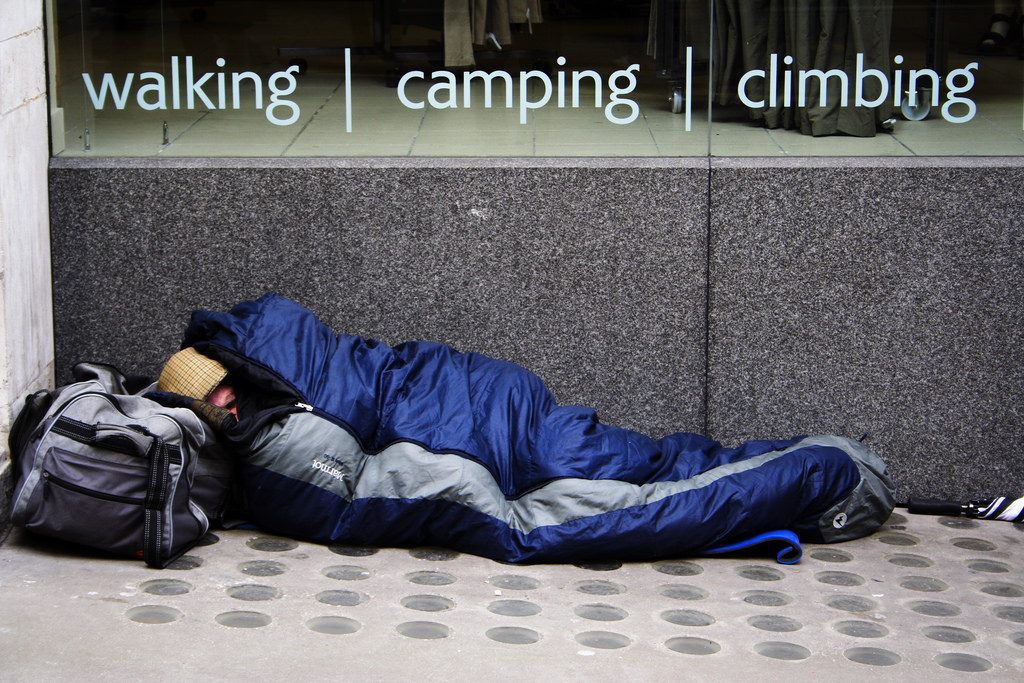This time last week, BBC TV was full of celebrities, news readers, pop stars and actors performing feats and making general fools of themselves to raise money for Children in Need, a charity telethon that happens every year, demeaning disabled people and promoting the Charity Model of Disability. It raises millions but ignores disabled people’s ‘rights not charity’ message; however its supporters argue that it funds many vital services for children (disabled and non-disabled) across the country and the world.
Charity-model appeals aside, there is something very tasteless about millionaires telling people who earn a fraction of what they do to give generously, especially when some of those millionaires have less-than-generous tax arrangements themselves. But everyone agrees: children need vital services and the government is not funding them sufficiently. Charities have to step in and fill the gap.
Charities pleading for money reflects a society where social and medical services are not being funded enough, while we know from campaigners and organisations that millions of individuals, whether they be in or out of work, do not have enough money coming in to live on. And this is reflected in a damning United Nations report into poverty in the UK.
“Great misery”
In a 24-page report, Philip Alston, the UN’s rapporteur on extreme poverty and human rights, concluded that the British government had imposed “great misery” on the population with “punitive, mean-spirited, and often callous” austerity policies. The policies that anti-poverty and disability campaigners have been campaigning about for years – those that cut benefits and stopped people from qualifying for support – are indeed doing the damage that we feared they would. In the world’s fifth-largest economy, people are starving and are afraid to eat because the food is running out. People are afraid to put on the heating. People are refusing to heat up food for fear of the electricity bill. People cannot afford the absolute basics.
Child poverty, as Children in Need may have highlighted, is at shockingly bad levels. Alston described this “not just a disgrace, but a social calamity and an economic disaster”, and he predicted that child poverty could go up between now and 2022, potentially rising to 40%. How are schools and nurseries supposed to cope when their children are hungry, are unable to stay warm and do not have clothes and shoes that fit them? Parents are doing everything they can but, with a system unwilling or unable to help, they are finding they have few places to turn to.
Alston compared the new policy to only provide Child Support payments for two children, no matter how many children a family has, to China’s one-child policy. It explicitly says that we do not want poor families to reproduce. Only the rich ones. The ones with financial back-up. The ones we approve of.
Breaching human rights agreements
He also highlighted that the current policies were breaching four UN human rights agreements: for disabled people, women, children and social and economic rights.
In terms of women, Alston said perhaps the most revealing comment in a press conference: “If you got a group of misogynists in a room and said how can we make this system work for men and not for women they would not have come up with too many ideas that are not already in place”.
When Theresa May became Prime Minister, I wrote that having a female Prime Minister was not the same as having a feminist Prime Minister. Her government’s policies, as well as those of her predecessor David Cameron, have caused this catastrophe and Alston’s remarks clarify that in a devastating way.
The government, of course, deny the validity of the report. Amber Rudd, who has just taken over as head of the Department for Work and Pensions (and who is therefore in charge of benefits, amongst other things), talking about the report – which describes the government as being in a “state of denial” about the way things are – said, “I must say I was disappointed to say the least by the extraordinary political nature of his language […]that sort of language was wholly inappropriate and actually discredited a lot of what he was saying.”
The normalisation of poverty
Many, like me, will put things in the collection basket for the food bank when we go to the supermarket. This has become a depressingly normal phenomenon when, just a few years ago, we were horrified that food banks existed at all. We still are, when we think about it, but we don’t really think about now. We just put some extra bags of pasta and tea bags into our trolleys and unload them into the collection box on our way out.
You don’t really feel like you’ve done a good deed. Just a necessary one. Sometimes the food bank puts a printed wish list into the trolleys so you know what they need. Sometimes you just get what you would wish for. Plus a few treats. Because they are as necessary as tinned tuna and UHT milk.
The normality of food banks should be a source of shame, not a regular part of the weekly shop. And the UN condemning the way we are running our country, for the sake of the people who live here, should shock our government into action. I fear that not even this is enough to remove our damaging ‘austerity’ plans and start supporting people.
Photo: Alexander Baxevanis

